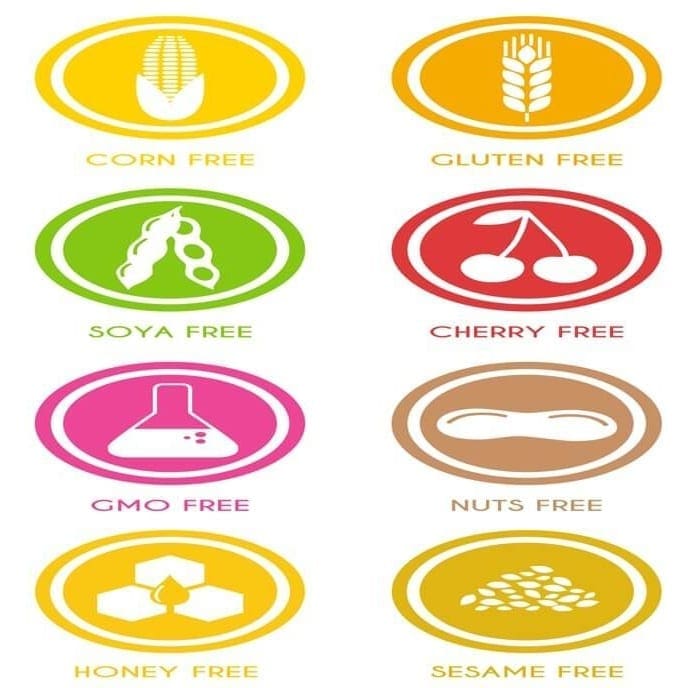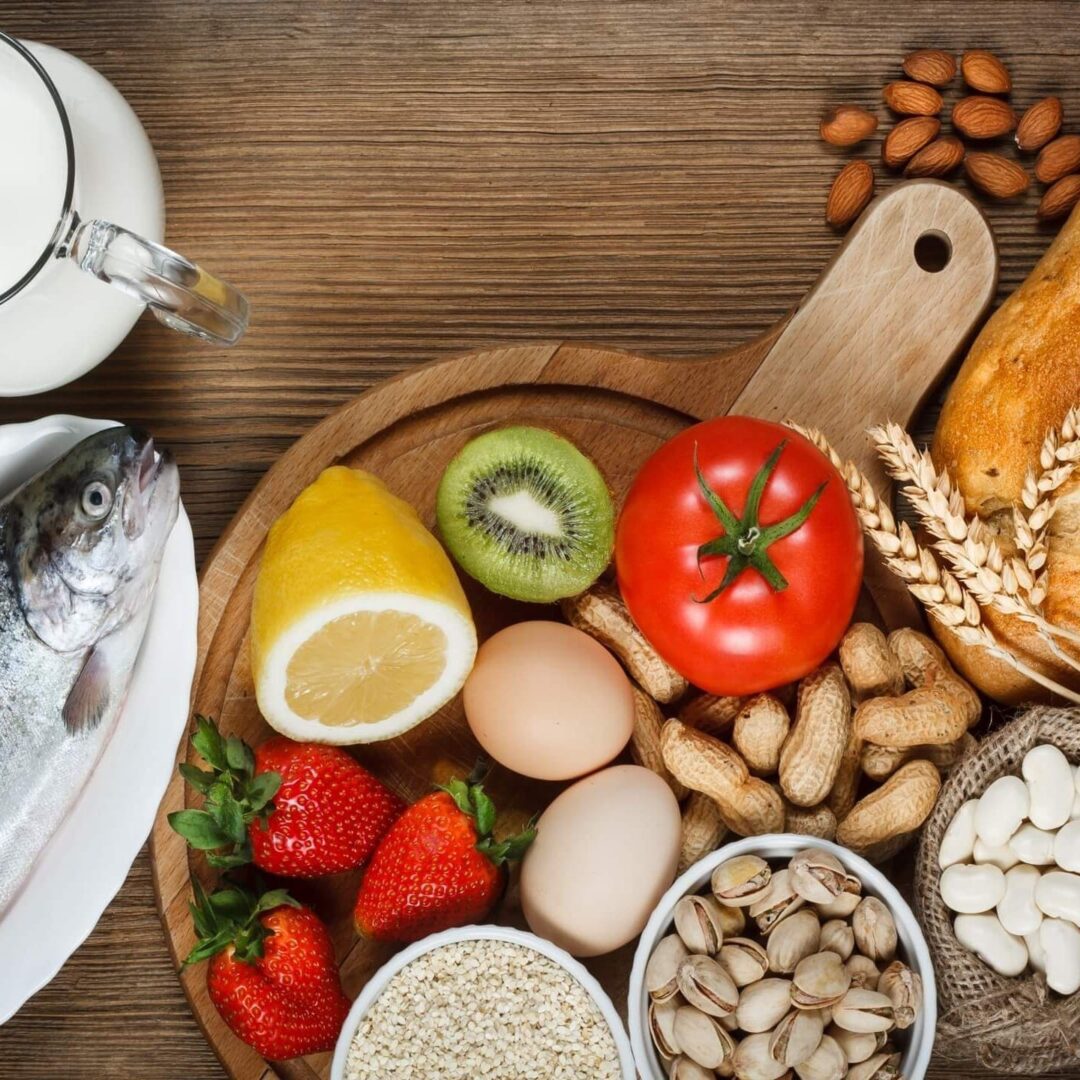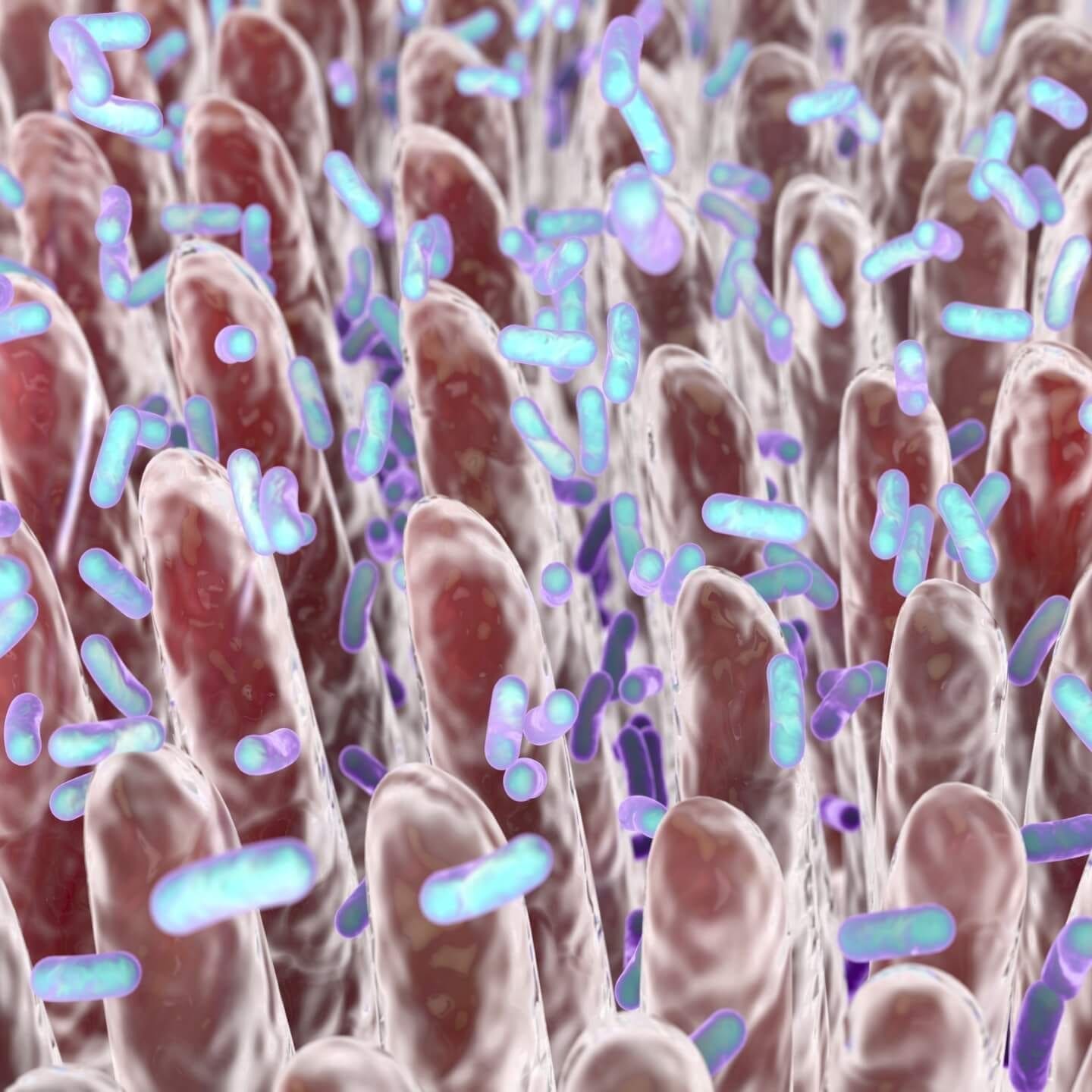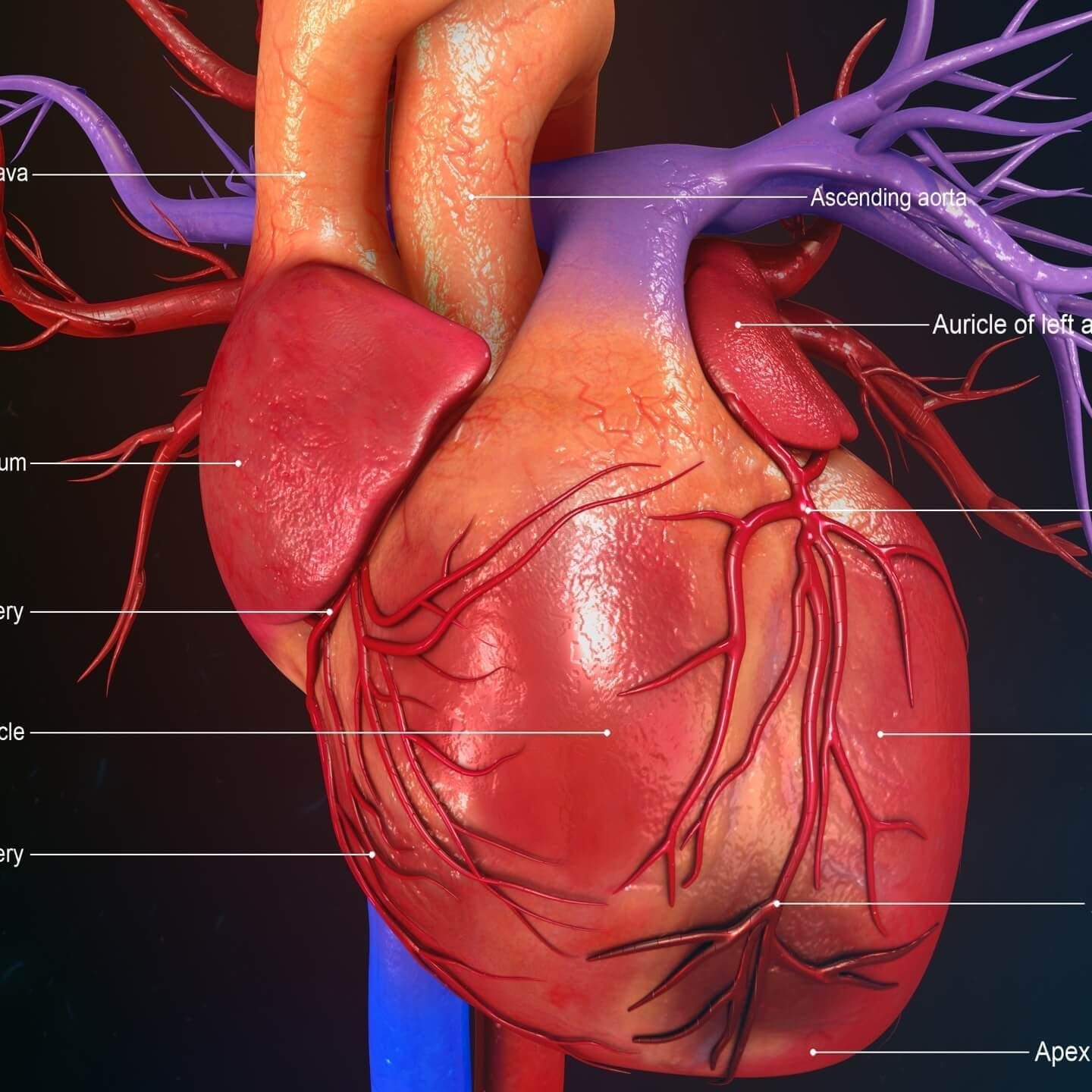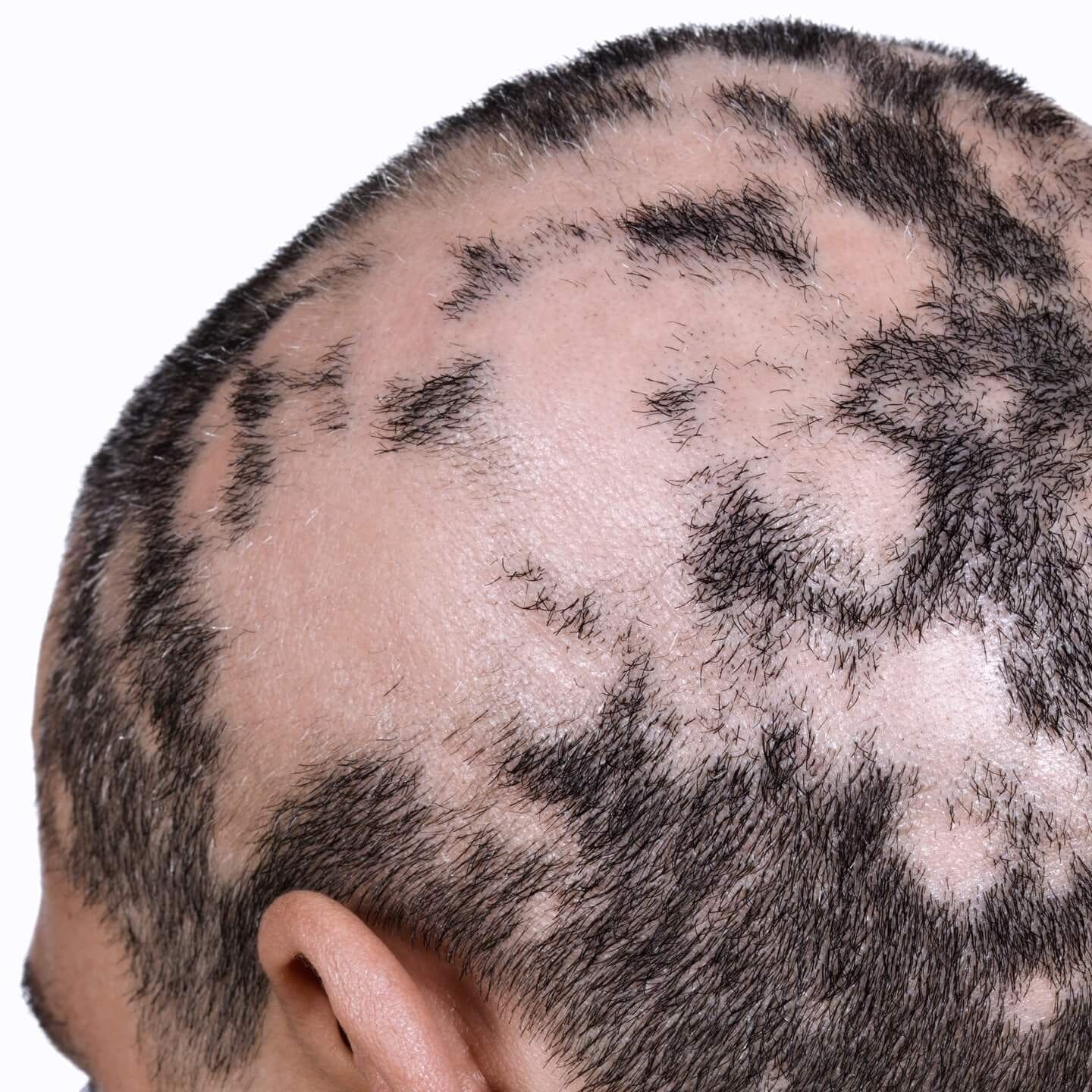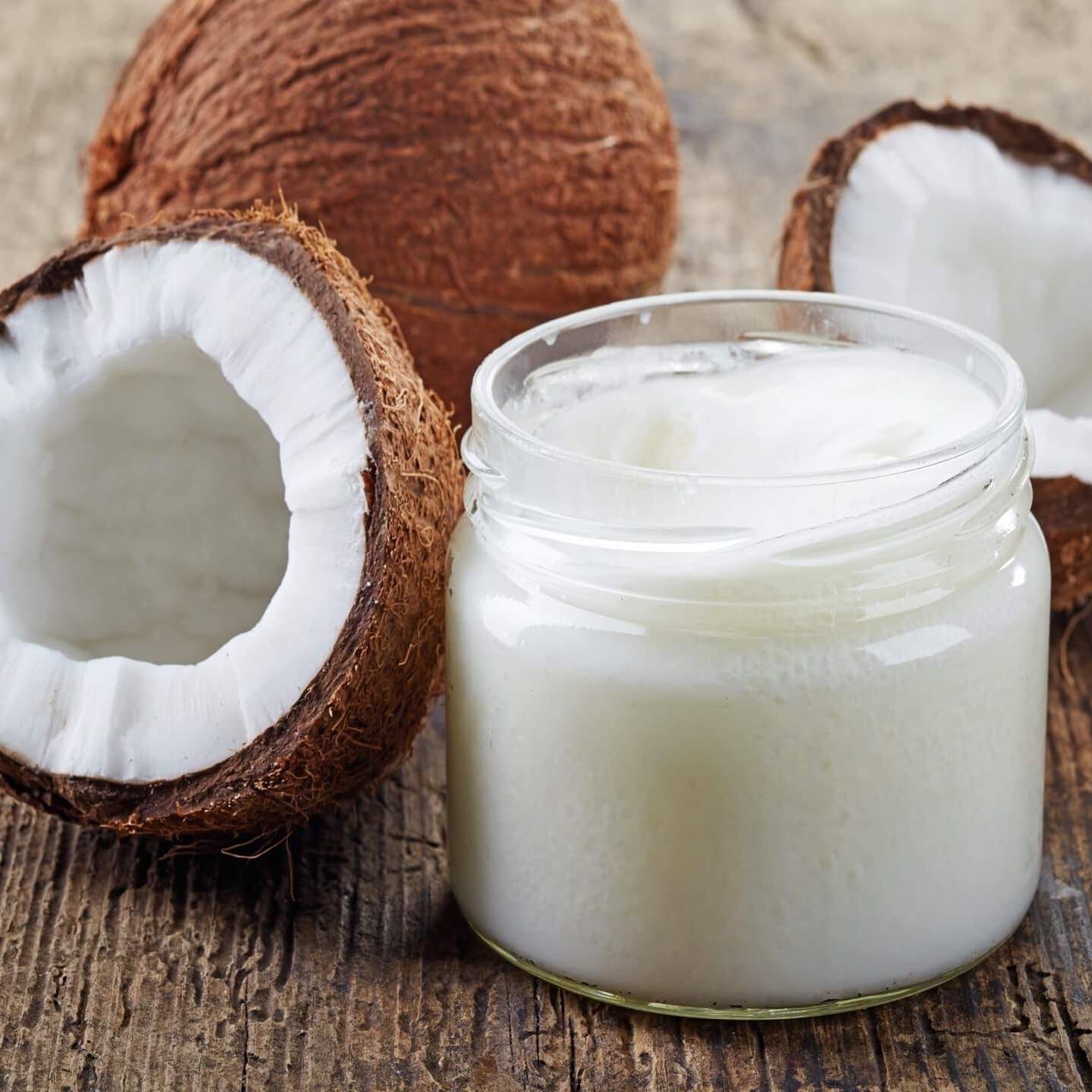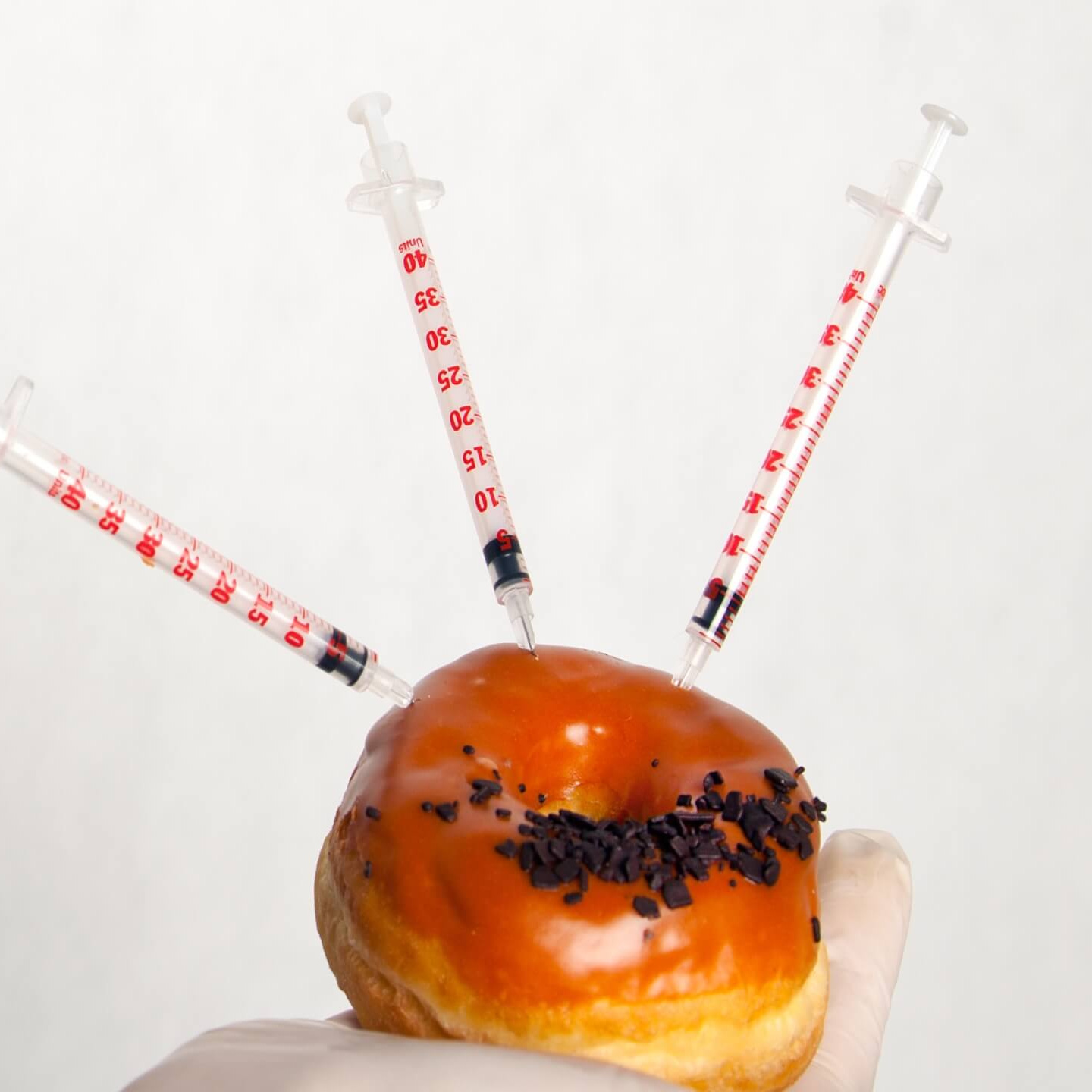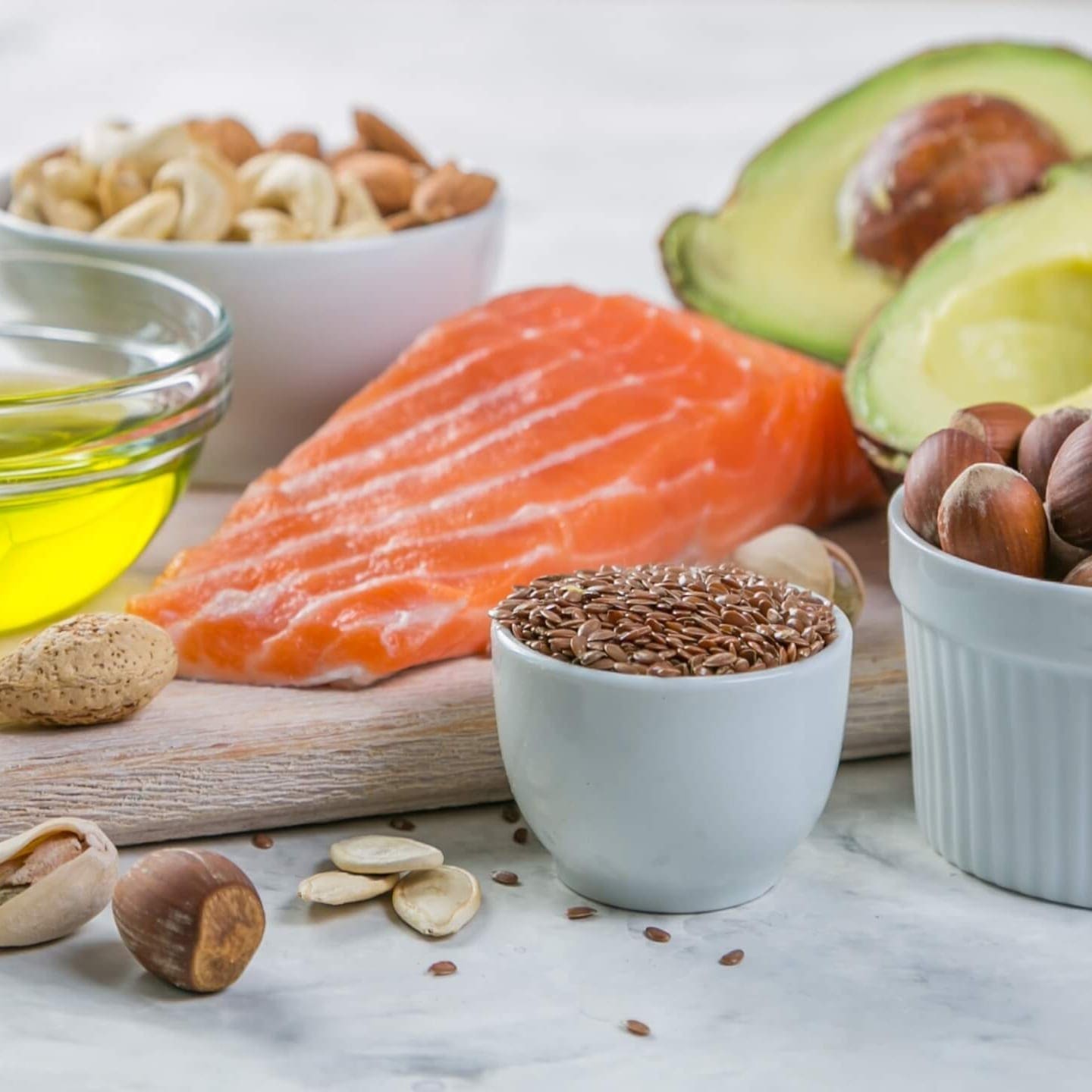Unique Lives, Unique Diets
No One Diet Works For Everyone
Since people differ in appearance, lifestyle and family background, it is logical to realize that no one diet works for everyone. Lucretius, a Roman philosopher, said that “One man’s meat is another man’s poison.” Yet, today society promotes any dietary recommendation that studies show to cause weight loss and lower the risk of heart disease, cancer and diabetes. We all have unique lives, so we must have unique diets.
One Man’s Meat is Another Man’s Poison
We are Biochemically Unique
“Biochemical individuality” was a phrase coined by Dr. Roger S. Williams in the 1970’s to explain that since every person’s body chemistry is different, individual nutritional requirements vary. However, this theory of addressing the variability to prevent disease and achieve optimal health has an international history from thousands of years ago in Ancient Chinese, Greek, Egyptian and Indian cultures.
Different People, Different Results
An individualized diet should consider four factors: metabolism, ancestry or genetic heritage, blood type and most specifically food allergies (diagnosed by a blood test). A comparison of three different women underlines the concept of biochemical individuality. Each woman follows the low fat, high carbohydrate diet, with fibre rich grains, breads, pasta & potatoes.
Food Allergies Account for Your Biochemical Uniqueness
Case: Sonya, 35 yo, Executive
Sonya is a 35 year old high powered business executive who walks, talks and thinks fast. She is meticulous with her dietary regime, which she enhances with diet soda, fat-free artificially sweetened yogurt and exercise at her fitness club after work, five times a week. Despite this, she has gained weight and complains of fatigue and abdominal bloating. Her symptoms are gradually worsening to the extent that she is suspecting Chronic Fatigue Syndrome (CFS). Sonya is Eastern European with blood type B.
Case: Sarah, 42 yo, Fitness Fanatic
Sarah is a 42 year old fitness fanatic. As a competitive cyclist, she is exceedingly fit with eight percent body fat. Due to a family history of high cholesterol, Sarah avoids meat and animal products (dairy & eggs) and has adhered to her high carb, low fat diet for the past three years. Her health has suffered progressively from chronic yeast infections, dry skin, dandruff and chest pains to hair loss just recently. Sarah is of Irish descent and has blood type O.
Case: Miriam, 25 yo, Hairdresser
This success story is a 25 year old Mediterranean woman with blood type A. Miriam is a hairdresser whose new vegetarian principles include avoiding meat, chicken, fish and dairy. Her new diet has invigorated her, caused a weight loss of twenty pounds, and resolved her digestive upsets.
We Are Losing The Battle Of The Bulge
The latest universally accepted diet in North America emphasizes a high carbohydrate, low fat intake. However, recent statistics verify this diet has backfired for the majority of Americans. Results from a long-term study by the Centers for Disease Control & Prevention indicate that in the last decade overweight Americans have increased from one-quarter to one-third of the population! Thus, society is fatter and less healthy in view of all the health-related concerns associated with weight gain and nutrient deficiencies.
Many diets have been formulated in an effort to address the weight issue society is plagued with. They differ in caloric intake and ratios of the three main nutrients: protein, carbohydrates and fat.
Society is Fatter & Less Healthy
High Carb, Low Fat Diet
The high carbohydrate, low fat diets include whole grains, breads, pastas, legumes, fruits and vegetables as the carbohydrate source. Protein is found in skinless chicken and lean fish, emphasizing a very low fat intake by avoiding red meat, dairy and oils. Vegetarian diets are included here.
The high carbohydrate content (especially due to the wheat) predisposes one to food allergies, candidiasis, bloating and blood sugar imbalances. Symptoms include fatigue, constant hunger and sugar cravings with continual snacking to elevate blood sugar.
FHigh Carb Diets predispose you to Food Allergies
Carbs Make You Fat!!
The excessive amount of carbohydrate greatly increases the insulin hormone, which not only causes the blood sugar to convert to body fat, but also suppresses glucagon – a hormone that releases stored fat. The lack of essential (good) fats cause PMS, mood swings and a short temper. The low protein intake eventually manifests as deficiency symptoms of fatigue, lowered endurance and hair loss. The energy and stress glands (adrenal & thyroid) are neglected, causing lowered immune function and resistance to emotional stress.
This diet is unsuccessful in those with low blood sugar tolerance and insulin resistance (Type II Diabetes Mellitus), and people with gluten sensitivities as refined grains are the mainstay of the diet.
With respect to metabolism, the fast burner uses up the food energy too quickly, speeding the metabolism further. This gives rise to a hyper, nervous and easily stressed mindset. The resulting exhaustion prevents exercise, contributing to weight gain. The high carbohydrate intake is not processed soon enough in the slow burners and results in lethargy, sluggishness and fat production. Although more lean protein is required, the low fat content is beneficial for the slow burner because dietary fat slows their metabolism and is stored in fat tissue.
Blood type O requires more protein than in this diet, unlike type A, whose lack of stomach acids that digest meat, make them a good candidate for the high carb, low fat diet.
Most of Us Get Fat from Excess Carbs
High Protein, Low Carb Diet
Conversely, a high protein, low carbohydrate intake is ideal for fast burners, who use carbohydrates quickly and need larger amounts of protein and fat to slow the excessively overactive metabolism to produce healthy energy. This is a disastrous diet for slow burners because they require greater amounts of carbohydrate and the decreased fibre intake (grains & legumes) causes constipation. Also, the higher fat content slows their metabolism and accumulates equaling weight gain.
It All Depends On Your Body
Too Much Of A Good Thing
Non-organic and flavoured or sweetened protein powders or liquids that restrict carbohydrates and fat should be avoided. These products are sweetened with fructose, which stimulates fat storage and aggravates blood sugar imbalances. In response to the low blood sugar available, the body makes ketones from stored fat. Since the brain can only use glucose, symptoms such as a lack of appetite, headaches, lightheadedness and mental fatigue occur. These are temporary and can be minimized with increased water, sea salt and good fats.
Constipation prevails due to the lack of dietary fibre, and should be addressed with increased water and good fats. Weight lost is from fat burning to produce glucose for the brain, and water loss, as the body rids itself of the toxic ketones and excess nitrogens from the increased protein. If done improperly, ketosis may increase risk of osteoporosis, gout, kidney stones and renal failure. However, like any diet, weight lost is regained in the form of fat when the diet is discontinued. This diet can prove very successful if done under supervision by Dr. Jiwani or another healthcare practitioner.
Dr. Jiwani can guide you to Healthy Weight Loss
Starving Yourself Is Not The Answer
A quick word on calorie-restrictive diets, whereby less than 1000 calories per day are consumed through the use of meal replacement beverages, appetite-suppressant diet pills or the HCG liquids, pills or injections.
A low calorie diet causes a famine response by the body, which lowers the metabolism to keep energy stores for the future. Just consuming three meals a day allows one to burn ten percent more calories than if any meal was skipped. The enzyme lipase becomes more active to prepare fat for storage in starvation mode.
In fact, repeated low calorie dieters have a twenty-five percent more active fat storing capability. The resultant yo-yo dieting syndrome of weight loss and gain causes weight redistribution from thighs and hips to the abdominal area increasing one’s risk of heart disease and diabetes. Of course the weight lost is muscle and the gain is fat.
However, even more muscle is lost if an increased exercise regime is added with a lowered calorie intake. Not to mention the emotional stress and guilt that the starving and binging phases promote, and perhaps even perpetuate into eating disorders, such as anorexia nervosa and bulimia nervosa.
You Can’t Cheat Your Body
Not All Fats Are Created Equal
Whoever said cut the fat out did not specify which type. There are bad and good fats. The bad fats include trans fats and saturated fats. These are found in fast foods, highly processed, frozen and deep fried foods, margarine, vegetable shortening and partially hydrogenated vegetable oils. Yes, butter is better due to its natural state and source of vitamins A, D, E and K.
Essential (good) fats are the omega 3 and 6 fatty acids. Omega 3 oils are found in flax seeds, walnuts, canola, pumpkin seed oils and cold water fatty fish, such as salmon, mackerel, sardine, tuna and anchovies. Omega 6 oils are from plant sources, such as unprocessed, unheated vegetable oils (safflower, sunflower, corn and sesame) and from the herbs borage and evening primrose. Essential fats produce natural chemicals in the body called prostaglandins, which regulate its every system.
As well, essential fats strengthen cells to prevent viral infections and mobilize fat, including stored fats, saturated fat and bad LDL cholesterol. Essential fatty acid deficiencies can cause cholesterol & fatty plaques in arteries, dry flaky skin, inflammation, arthritis, acne and eczema.
Your Food Allergies are Making You Fat
Generalized dietary advice is vast on the internet, and yet thousands of people are failing the fat battle as they hit their forties. This is due to the consumption of food allergies, which cause inflammation, affect liver, kidney and heart function, hormonal balance, as well as trigger many autoimmune diseases.
The determination of food allergies allows you to take an individualized approach to your diet, beyond any possible theory or fad. A Food Allergy Blood Test reveals what your genetic and present day allergic status is to various foods. For details on whether you may have food allergies and where to get tested, check out the Naturopathic Article, Food Allergies: When Friend Becomes Foe.
Food Allergies Take Weight Loss to Another Level
Optimal Health, Optimal Weight
Ultimately, weight loss is related to optimal health and functioning of the body. This can be achieved through a moderate exercise regime and an individualized healthy diet, determined by one’s metabolism, blood type and ancestry and most importantly, food allergies.
This information is for educational purposes only and does not advocate self-diagnosis. Due to individual variability, consultation with a licensed health professional, such as a licensed naturopathic physician is highly recommended, prior to starting a natural treatment plan. For further information, see Terms of our Website.
Follow Dr. Jiwani
Popular Posts



